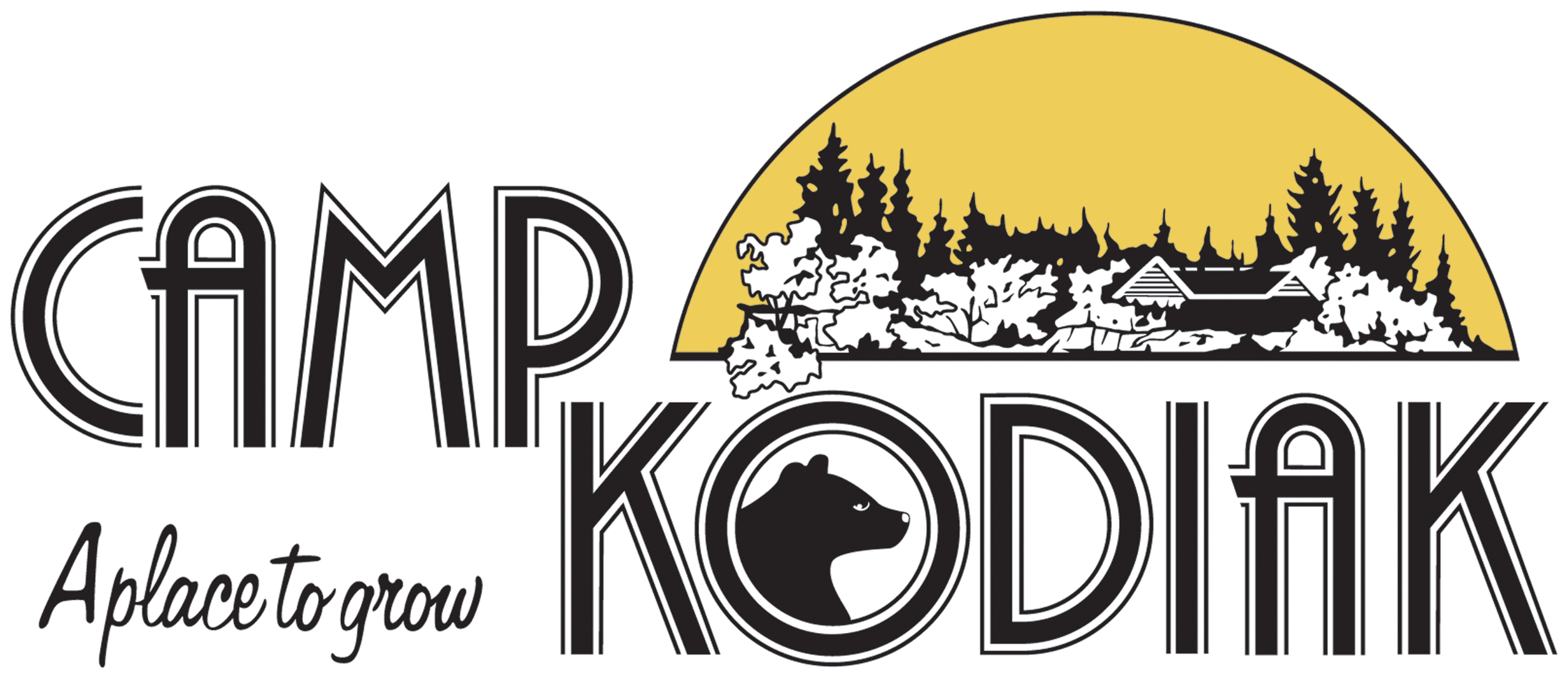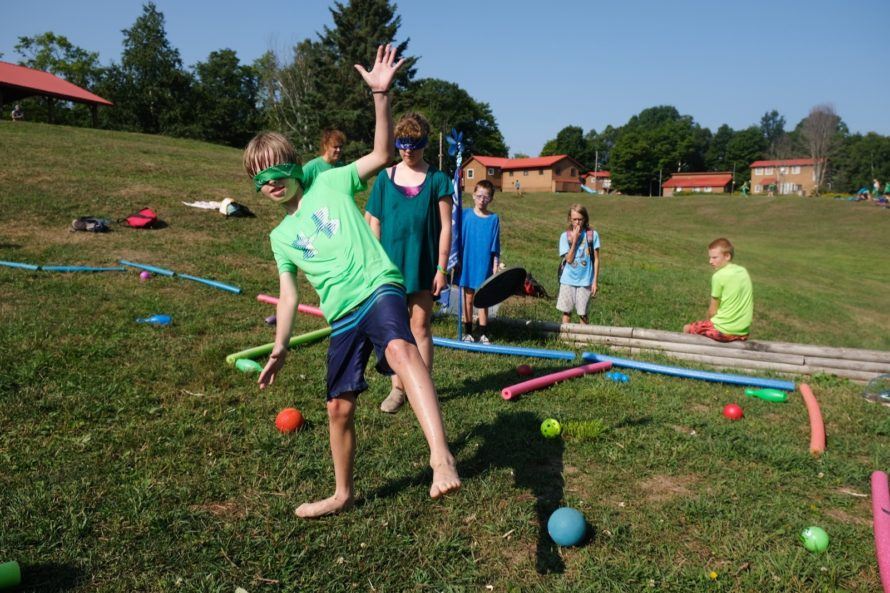A few years ago, with funding from the Ontario Camps Association (OCA), researchers at the University of Waterloo set out to examine the outcomes of the Canadian summer camp experience and answer the question, “What are the benefits of a child attending summer camp?”. As a long-time camp counsellor and camp administrator, I was not surprised to read that summer camp presents a unique opportunity for exponential growth in children. In this study, titled The Canadian Summer Camp Research Project, summer camp was found to promote positive change in five key areas of development:
- Social Integration and Citizenship
- Environmental Awareness
- Attitudes Towards Physical Activity
- Emotional Intelligence
- Self-Confidence and Personal Development
At Camp Kodiak we see each of these areas in action every day of the summer. Indeed, one of our slogans is that camp is “a place to grow”. Ultimately, when unpacking the growth in each of these key areas, we can see that summer camp is one of the best choices that parents can make for their child.
Over the next 5 blog posts I will explore each of these five keys areas and why choosing Camp Kodiak can be your child’s place to grow.
- Attitudes Toward Physical Activity
Why don’t children engage in physical activity? Because they don’t want to.
In undergoing this study of the opportunities for children to grow at summer camp, researchers at the University of Waterloo engaged in the question of physical activity. Children are living a less active lifestyle than in generations past, but why is this the case? One of the clearest answers is also one of the simplest. Why don’t children engage in physical activity? Because they don’t want to.
The benefits of a child attending summer camp and experiencing physical activity are twofold: not only are they physically active during the time at camp, they also develop a more positive outlook about physical activity and take this attitude home with them when the summer is over. In the study, Camp Directors noted that they see “camp as a place where children enjoy being physically active. Camp not only offers a wide range of different activities, helping campers discover new interests and pursuits, but also exposes campers to a high degree of activity, helping to foster a healthy lifestyle that includes daily physical activity” (Glover, 2018).
At Camp Kodiak we have over 50 activities for campers to pursue. Every day all summer we get to see campers trying activities for the first-time and enjoying new accomplishments. A camper gets to get up on waterskis for the first time. They get to try trotting on a horse. They shoot their first bullseye at archery. They are engaging a physical activity, and they are having a blast doing it! We then hear of these campers going home and joining an organized sport: campers who learn to swim at camp are now joining their high school swim team or pursuing lifeguarding certifications; campers who first did rock-climbing at camp are now becoming members at local climbing gyms. We also hear of campers who have asked their parents to get them a kayak or paddleboard so they can continue the fun that started at camp.Every day all summer we get to see campers trying activities for the first-time and enjoying new accomplishments.
Parents who are concerned about their child’s level of physical activity should make the wise decision of signing them up for summer camp. Not only will they spend a summer engaging in physical activities, but a love of athletics can be created that will stay with that child for a lifetime.
Read the other sections of this blog series:
Part One – Social Integration and Citizenship
Part Two – Environmental Awareness
Part Three – Attitudes Towards Physical Activity

